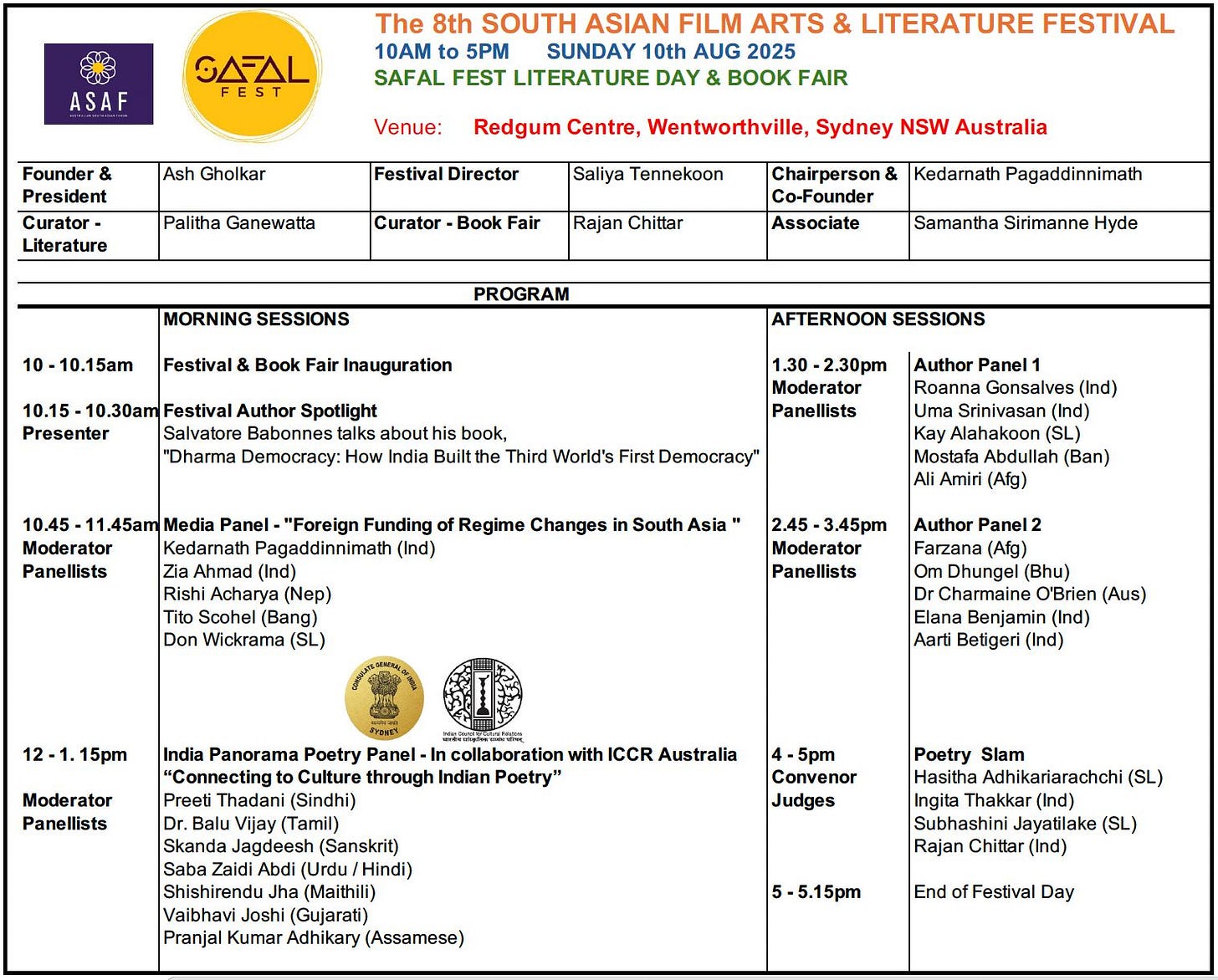Indian political scientists do not like Narendra Modi
As a result, it is not surprising that India ranks 105 in the world on the V-Dem rankings.
When it comes to evaluating Indian democracy, few people realize that on the once-standard “Polity” ratings (used in thousands of academic journal articles) India scores a “9” on a scale from -10 to +10. The Polity score is a “thin” measure of democracy that takes into account a country’s “executive recruitment [elections], constraints on executive authority and political competition.” If the competing Varieties of Democracy Institute (V-Dem) rankings had never been funded by the European Union and other grant-making bodies in 2014, we would not now “know” that India had become an “electoral autocracy” under its current prime minister, Narendra Modi. We would all be using Polity, which rates India a very successful democracy indeed.
Of course, we do have V-Dem, and now we do know. But few people know where V-Dem gets its data. They don’t come from independent, objective evaluations made by a team of European experts meeting in conclave in Sweden. They come primarily from surveys of India’s own political scientists, who are asked to evaluate highly subjective criteria like the independence of the electoral commission and secret government influence on the press. And India’s own political scientists have an axe to grind. It’s like asking Harvard and Yale democracy “experts” about the quality of American democracy under Donald Trump. You’ll get an answer, but you can’t be sure that the answer is objective.
For the full story behind V-Dem (and the development of Indian democracy itself), check out my book Dharma Democracy: How India Built the Third World’s First Democracy. But for a one-hour summary, you can watch the recent launch of the book at Sydney’s Centre for Independent Studies:
The CIS host, Tom Switzer, asked a series of tough questions drawn from recent press coverage of the challenges faced by Indian democracy. Listen to the end to hear my answers. And listen to the very end to hear the best question of all, from a member of the audience who was skeptical of my findings because they contradicted everything she heard from friends and family in India. What I told her was that systematic social science meant benchmarking India to countries that we all accept are democracies. Every democracy has problems. India’s problems are — at least to the extent that they can be quantified — fairly typical of the problems experienced by well-institutionalized democracies all around the world.
If you live in Sydney but you missed the CIS launch, come see me present the book’s findings on Sunday, August 10 in Wentworthville at the South Asian Film Arts & Literature Festival:
It’s only $15 for a whole day’s education, enlightenment, and fun. I’d love to see you there, and of course I’ll have books for sale. Sign up via the link at:
I’m really looking forward to the festival. If you’re an Australian of Indian origin, it’s the obvious place to be next weekend. If you’re an Australian who’s NOT of Indian origin, it will be a magnificent cultural experience. Many thanks to the irrepressible Ash Gholkar for the invitation, and to all of you for attending!
The Salvatore Babones Newsletter will return.


